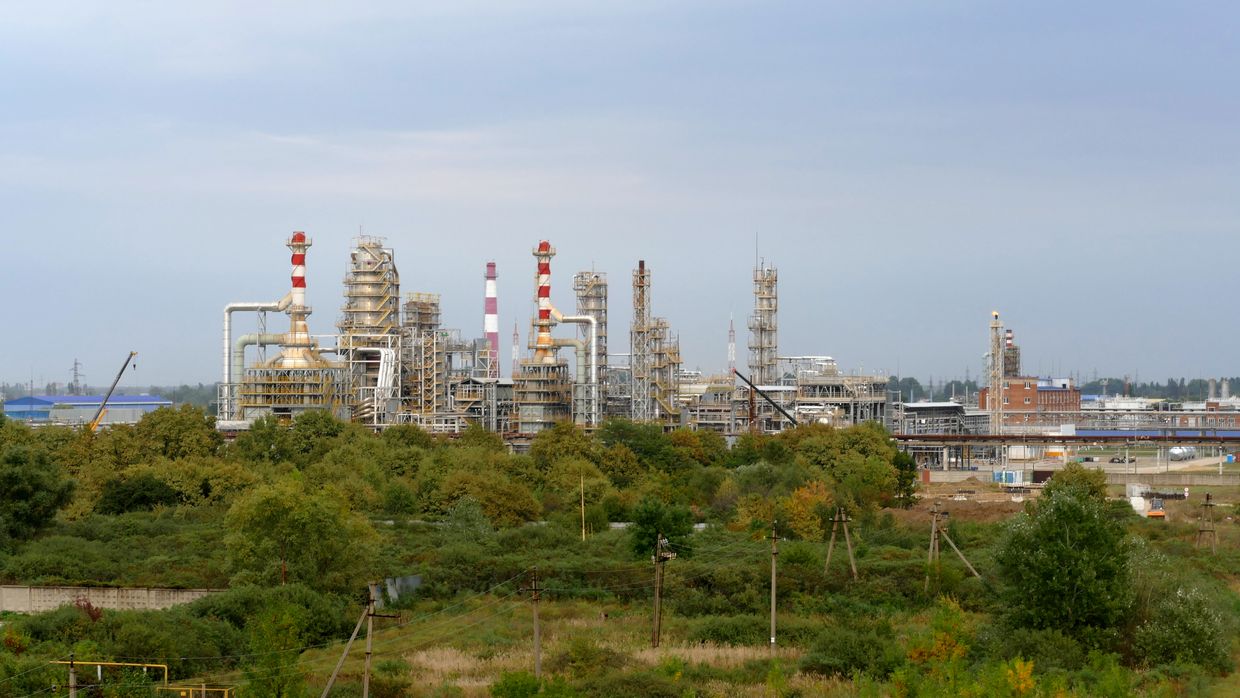India asks US to allow purchase of Iranian oil to offset Russian imports, Bloomberg reports

Indian officials reiterated to Trump administration officials this week their position that New Delhi may curb Russian oil imports if trade is offset through the purchase of sanctioned Iranian and Venezuelan oil, Bloomberg reported on Sept. 25.
Sources familiar with the talks told Bloomberg that Indian officials suggested the trade-off in a meeting with U.S. officials, as countries participate in the 80th UN General Assembly in New York. The officials also stressed their concern that crude oil prices may grow if supply from Russia, as well as previously affected stocks in Iran and Venezuela, are cut off.
Following the start of Russia's full-scale invasion, India began to purchase cheaper Russian oil en masse after most Western nations halted trade relations. Since then, New Delhi, along with China, has become a primary purchaser of Russian oil exports.
President Volodymyr Zelensky has repeatedly called on Western allies, including the United States, to impose additional secondary sanctions on countries that purchase Russian oil as a means to cut funding to Russia's war machine and force it to the negotiating table.
Accusing China and India of being "the primary funders" of the war by continuing to purchase Russian oil, U.S. President Donald Trump has called out NATO allies for failing to cut ties with Moscow's energy sector.
Last month, the U.S. implemented and subsequently raised tariffs on Indian imports to 50% in response to India's continued purchases of Russian oil — straining relations between the two countries.
The Trump administration reportedly urged other G7 members to adopt 50-100% tariffs on China and India — the leading buyers of Russian oil — to pressure Russian President Vladimir Putin to the negotiating table.
Amid tighter U.S. sanctions, Indian stopped purchasing oil from sanctioned suppliers in Venezuela earlier this year and has not imported Iranian oil since 2019.
Indian Finance Minister Nirmala Sitharaman said on Sept. 5 that the country will continue to buy Russian oil despite facing heavy U.S. tariffs for doing so.
"Whether it is Russian oil or anything else, it's our decision to buy from the place which suits our needs, whether in terms of rates, logistics, anything," she told local media.
As Russia's economy prosperity continues to dwindle, Ukraine has increased its attacks on Russian oil infrastructure, in an attempt to cut off the country's primary war funding.
According to the Financial Times, 16 of Russia's 38 oil refineries have been struck by Ukrainian drones since August 2025. The disruptions have limited Russia's refining capacity by over 1 million barrels per day, the research group Energy Aspects told FT, dropping exports to below pre-war levels.












